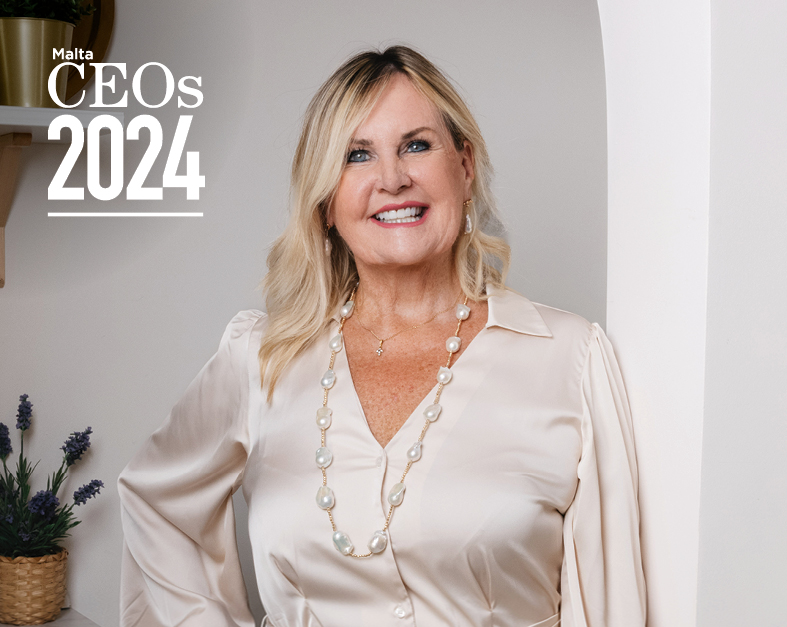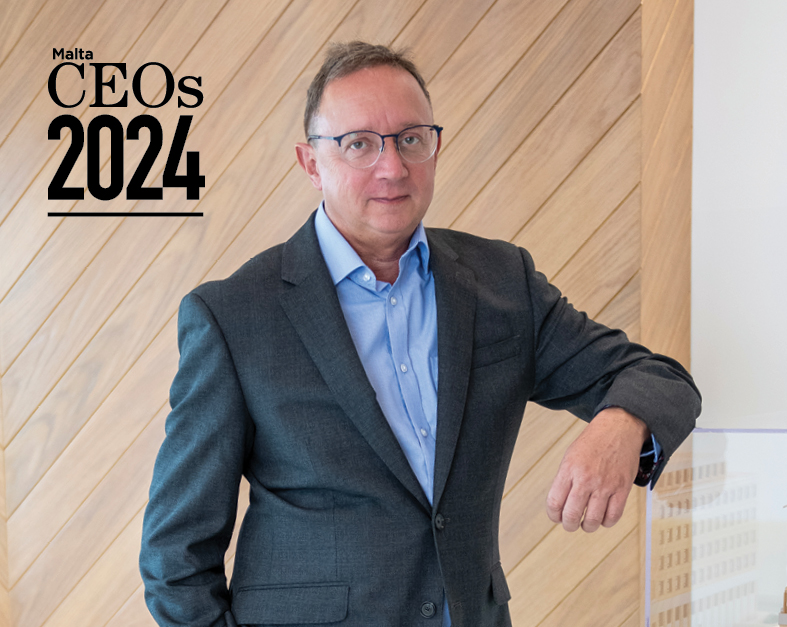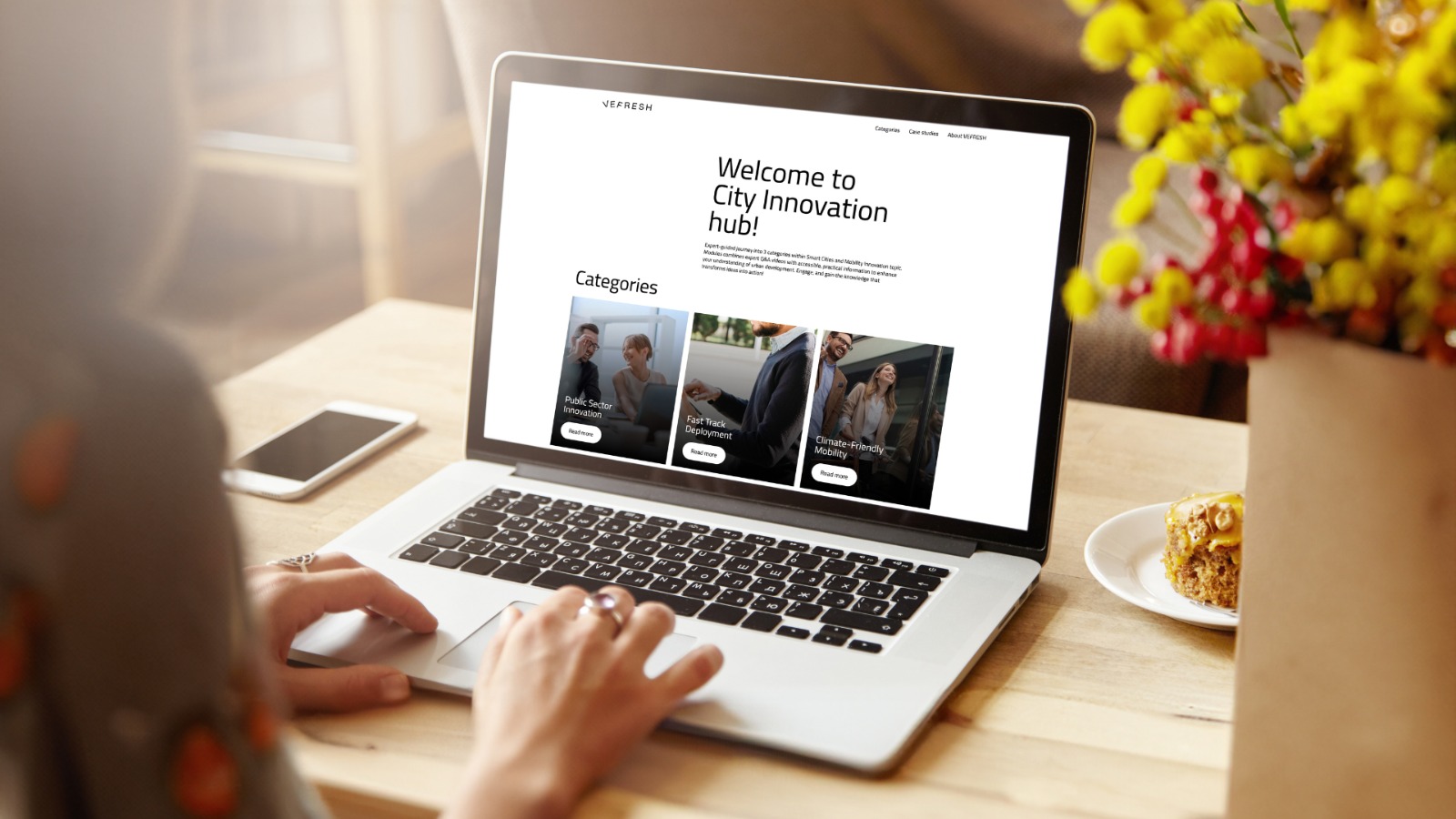The business community is constantly experiencing changes and evolving, and it is up to workplaces to act or be left behind.
Members of Generation Z (Gen Z) – those individuals born between 1997 and 2012 – are the latest group of employees to enter the workforce, and they are having a significant impact on how work gets done.
Driven by tech-savviness, Gen Z represents the first generation which is fully ingrained in digital culture.
Technology is at the heart of everything for this generation. In fact, surveys by software firm Adobe found that technology has become the latest of a number of labour issues that employers have to worry about, with 70 per cent of Gen Z employees telling Adobe researchers that they would leave their job for access to better technology at other workplaces.
To explore the generation’s impact on workplaces further, MaltaCEOs.mt reached out to StreetHR Strategic Partner – Organisational Psychology Consultant and Trainer Moira Gatt Ghirxi, who remarked that Gen Z employees showcase a “proficiency in digital tools” and an “adaptability to new technologies”.
She has over 10 years of experience managing human resources functions within many of Malta’s leading organisations. She holds a Master of Science in Psychology of Work and a Bachelor of Science (Hons) in Human Resources Management, both from University of Leicester.

Ms Gatt Ghirxi, who specialises in employee relations and organisational development among other areas, explained that Gen Z employees also bring a sense of “creativity and innovation to problem solving”, all while prioritising inclusivity and diversity at the workplace.
Purpose-driven work and sustainable practices are also priorities for the generation.
However, they also present a number of disadvantages, with many having shorter attention spans due to their digital upbringing, seeking instant gratification, and preferring informal digital communication, all factors which “can present challenges in professional settings”, she said.
“Moreover, their adaptability can lead to restlessness, requiring continuous learning opportunities. Gen Z employees often expect regular feedback and recognition; therefore, it is crucial for managers to be proactive in providing timely and meaningful feedback to meet those expectations,” Ms Gatt Ghirxi added.
Another common challenge she identified while coaching executives on how to manage various generations under one roof is that of work ethics. This is particularly the case among Gen Z employees, who “may be influenced by societal changes, technology, and economic factors”.
Additionally, recent surveys have found that employers find it “too difficult to work with” Gen Z most or all of the time, with two-thirds saying they are more likely to fire them than older workers.
Commenting on this, Ms Gatt Ghirxi said that it is important to approach such generational generalisations “with caution”.
In the past, millennials were seen as entitled by other generations, and not many wanted to work with them. Since then, that perception has changed and they have become sought after, particularly because they have gained a significant amount of experience.
“Labelling an entire generation as ‘difficult to work with’ in terms of effort, motivation, and productivity oversimplifies the diverse characteristics and behaviours of individuals within that generation. Gen Z, like any generation, consists of a wide range of personalities, motivations, and work ethics,” she said.
Employee motivation and productivity are influenced by a range of factors, with these including workplace culture, leadership, job roles, and personal circumstances. “Blaming an entire generation ignores these complexities and can lead to biases and hinder effective management and collaboration,” she continued.
Ms Gatt Ghirxi acknowledged that “open and constructive communication” is key to understanding and addressing concerns linked to effort, motivation and productivity. In order to succeed in collaborating with Gen Z and other generations, business leaders must focus on “individual strengths and weaknesses”, as well as create a workplace culture that “accommodates variations”.
“Effective leadership, communication, and mentoring can bridge any perceived gaps and create a more productive and harmonious work environment for employees of all ages,” she emphasised.
Different generations have been brought up in different cultures, leading to them tending to prioritising varying values when compared to other generations.
Ms Gatt Ghirxi agreed with this, noting that from her experience when delivering leadership training, Gen Z often prioritises a range of values including diversity and inclusion, social responsibility, tech-savvy innovation, work-life balance and flexibility, career development and learning, authenticity, mental health and wellbeing, as well as recognition and feedback.
These values are commonly associated with Gen Z, yet as previously explained, they can vary from one individual to another.
“Organisations seeking to attract and retain Gen Z talent should consider these values in their workplace culture, policies, and recruitment strategies. Aligning with Gen Z values can lead to increased employee engagement and satisfaction within this generation,” she affirmed.
Returning to the prevalence of digital technology within the generation, the gap between Gen Z’s tech-savviness and older counterparts’ lack of digital familiarity can lead to concerns for business leaders about which technologies to introduce to the workplace.
“The increasing presence of Gen Z employees in workplaces is pushing business leaders to embrace technology more effectively,” Ms Gatt Ghirxi commented.
In order to attract and retain Gen Z talent and remain competitive, business leaders must “invest in digital transformation, upgrade technology infrastructure, and promote a culture of technology innovation”. This makes a balance between the needs of Gen Z and older or less tech-savvy employees “crucial” to foster an “inclusive workplace”.
When asked how this can be done, Ms Gatt Ghirxi said that businesses can incorporate strategies that include the provision of digital skills training for all generations. Additionally, businesses must foster intergenerational learning, ensure user-friendly interfaces and clear instructions, respect different work styles, accommodate hybrid work models when possible, emphasise cybersecurity and privacy, and also maintain regular feedback for improvement.
“Achieving this balance necessitates a diverse and inclusive workplace environment that values the skills and experiences of all employees while fostering a culture of continuous learning, especially in a tech-driven world,” she concluded.
Malta International Airport appoints two new Heads of department
Paul Toledo and Andrew Portelli bring a wealth of experience to their respective teams.
BOV celebrates 50th anniversary with enchanting string quartet concert
The concert, featuring a repertoire by Mro Charles Camilleri, Mro Joseph Vella, and W.A. Mozart, will be held on Monday ...
66% of business leaders say they wouldn’t hire someone without AI skills – study
Microsoft and LinkedIn’s 2024 Work Trend Index points towards an AI training deficit, with just 25% of companies planning to ...
City Innovation Hub: Malta-Latvia collaboration supports development of sustainable cities
A new platform has been launched to join entrepreneurs, local authorities and procurers who are focused on developing sustainable cities.











